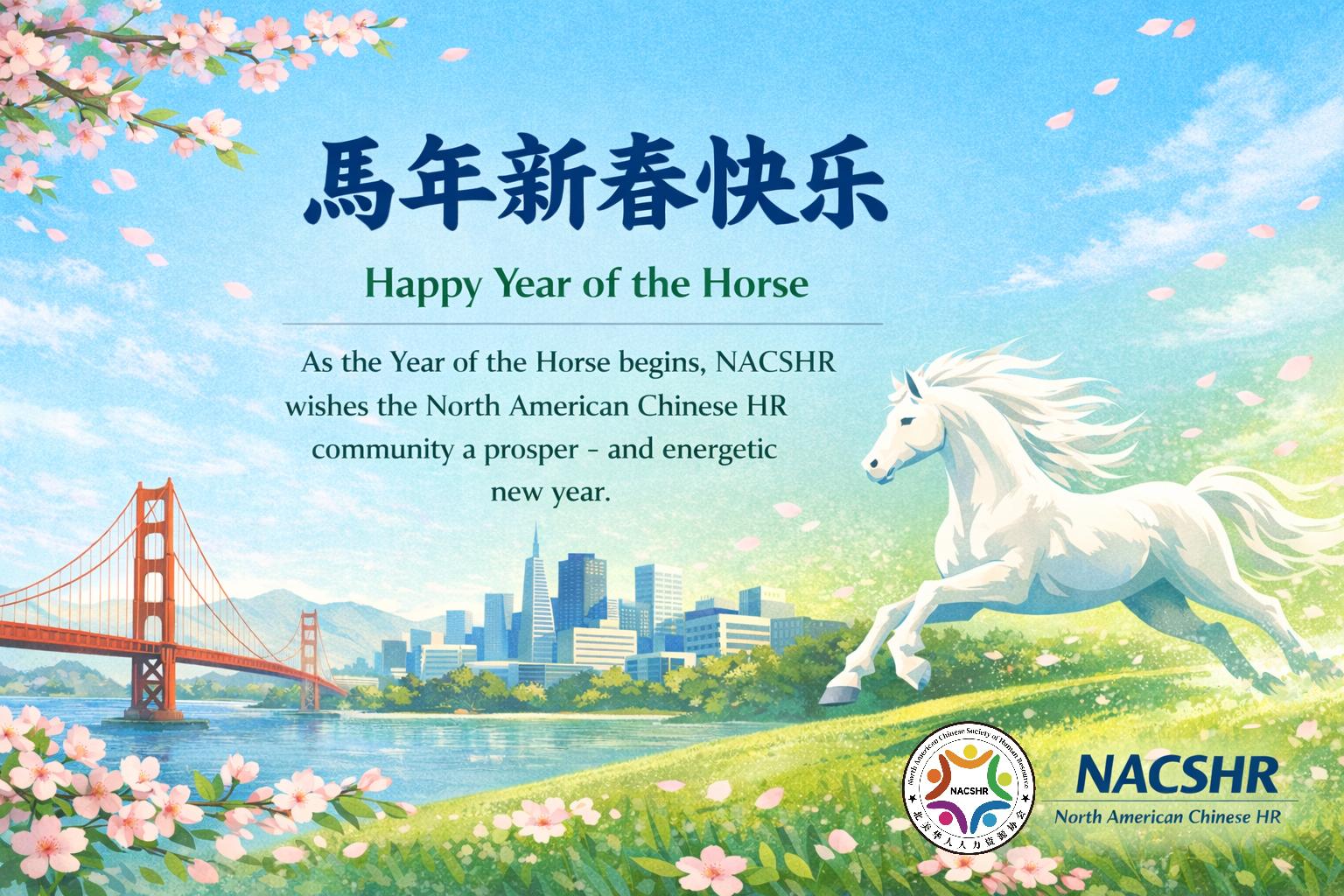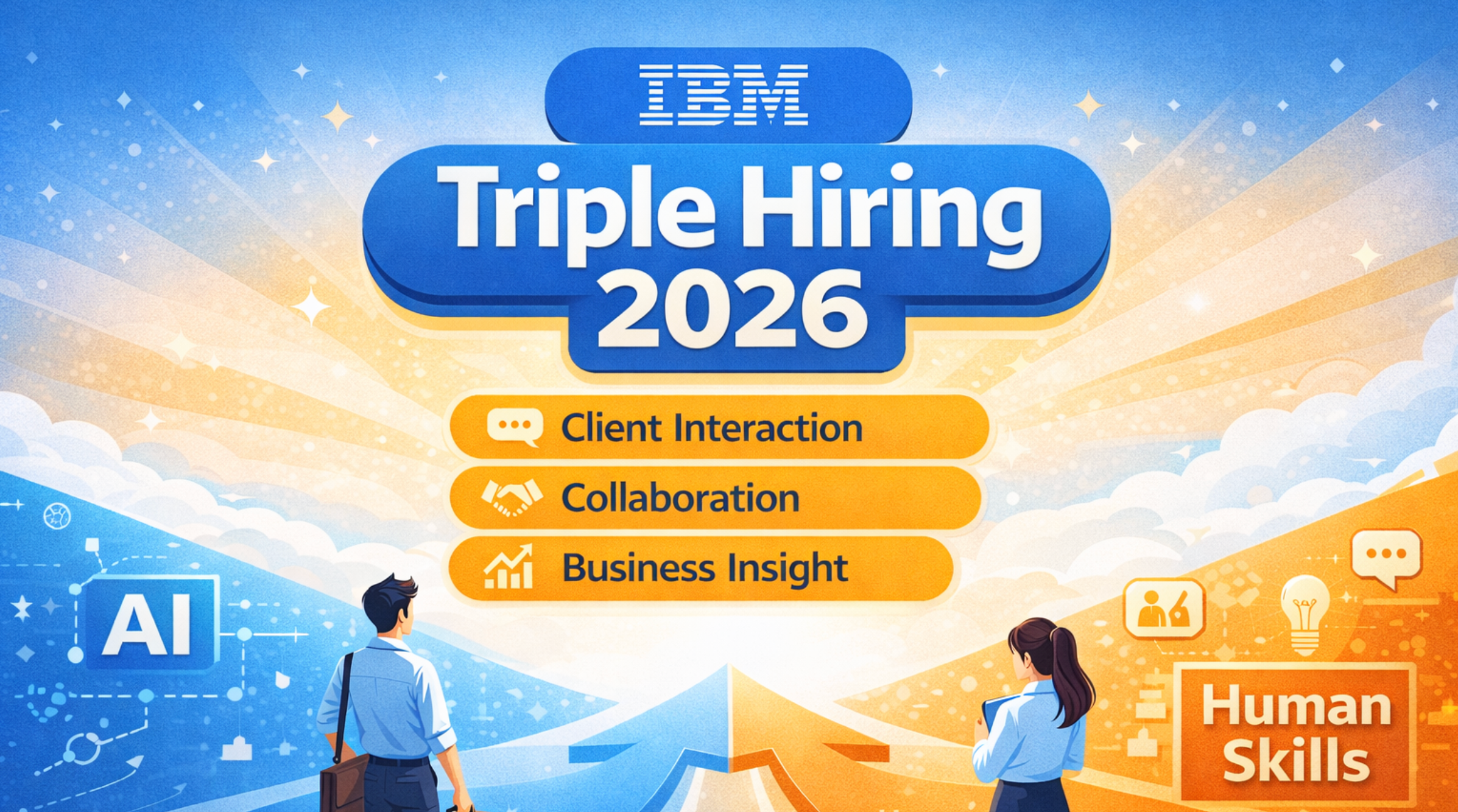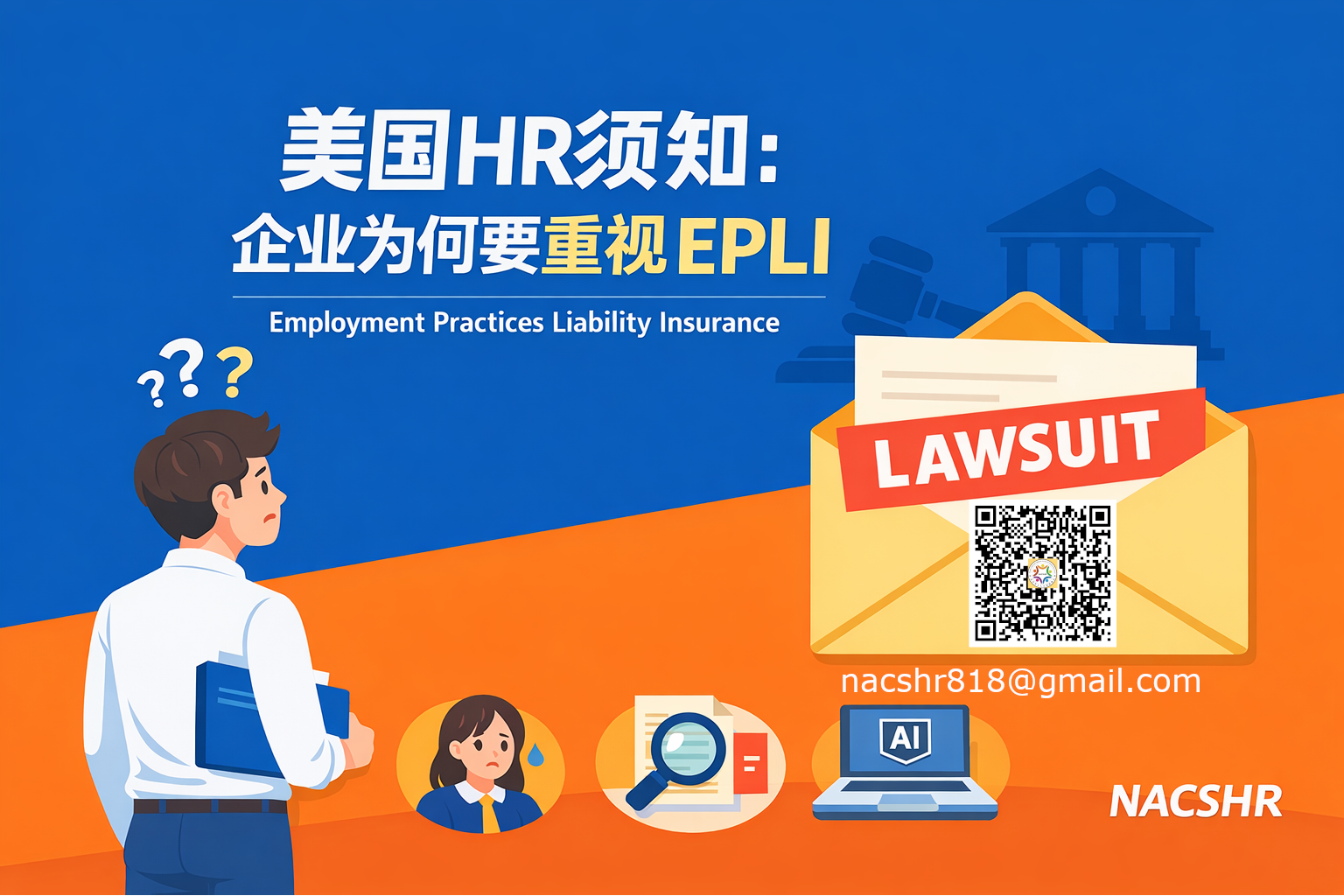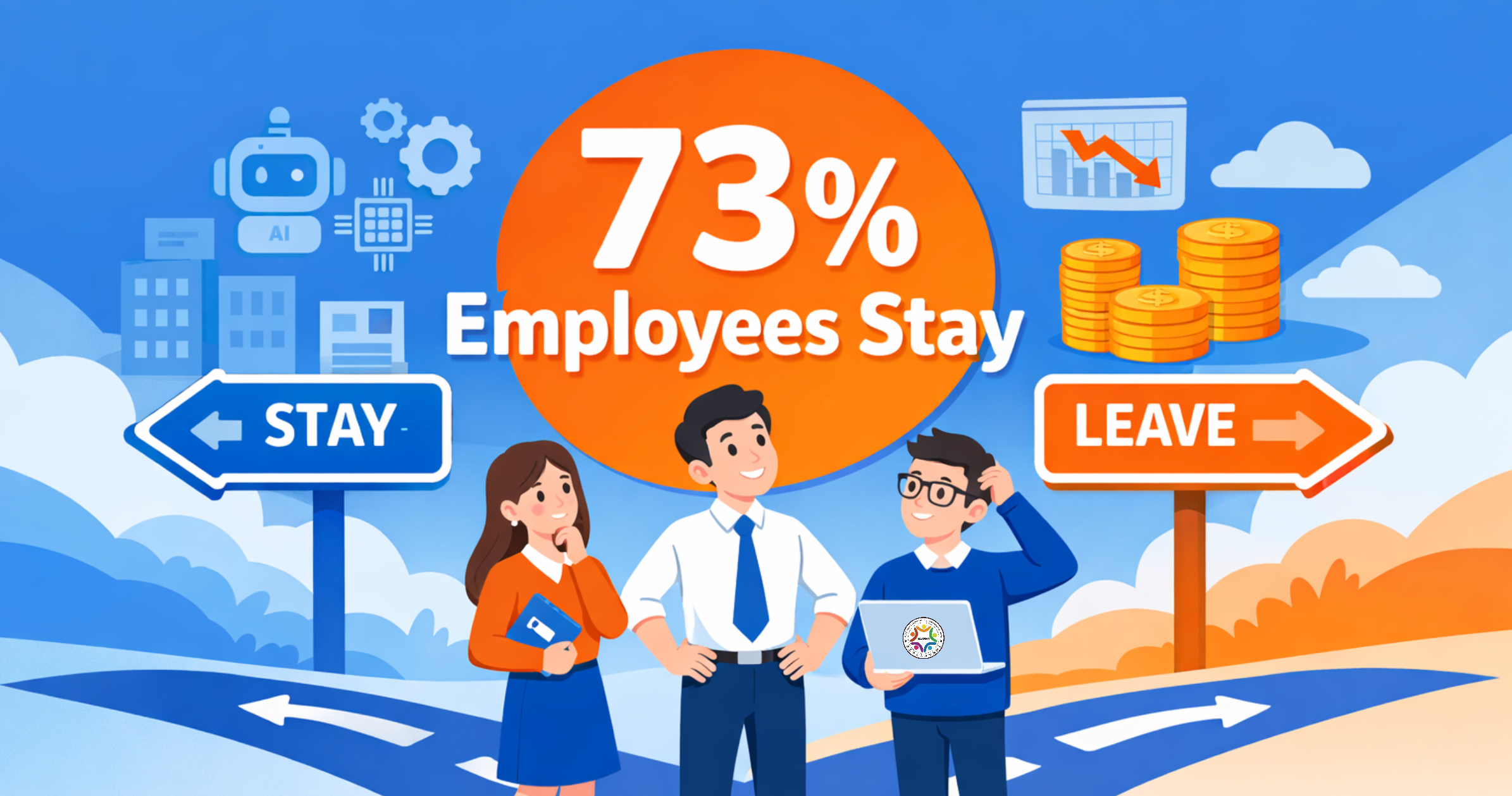Josh Bersin 的文章讨论了 2024 年多元化、公平与包容(DEI)项目所面临的重大挑战和批评,特别强调了 "反觉醒 "评论家的攻击和克劳迪娜-盖伊(Claudine Gay)从哈佛辞职的事件。报告探讨了多元包容计划在当前的文化战争中扮演的角色、人们对它的看法以及法律挑战对多元包容计划招聘和投资的影响。尽管存在这些挑战,贝尔辛还是强调了发展型企业的实际商业利益,展示了成功的战略以及将发展型企业融入业务而不仅仅是人力资源的重要性。他认为,应将重点转向在所有业务部门嵌入包容、公平薪酬和开放讨论的原则,并指出,未来的企业发展指数至关重要,但需要适应和领导层的承诺才能茁壮成长。

Is DEI Going to Die in 2024? By Josh Bersin
For anyone working in Diversity, Equity, and Inclusion (DEI), it is safe to say that it has been a tough start to 2024. For a while now, there has been a concerted attack on DEI programs, with ‘anti-woke’ commentators and public figures querying their value, worth, and even existence.
Those attacks increased enormously in 2024 with the resignation of Claudine Gay from Harvard. While the call to resign was supposedly related to plagiarism, one can’t help but feel that her position as a leading DEI advocate also fuelled the demand.
It means that DEI has come under increased and sustained fire, and despite the many benefits provided by a good DEO program – to both employer and employee – there is a feeling that 2024 could be the year that DEI fades away. How likely is this to happen, and what would the impact be if it did?
DEI and the culture wars
Anyone living and working in the US (or most other countries worldwide) over the past few years will have likely heard of the culture wars. Brought on by declining trust in institutions, growing inequalities, and the proliferation of technology, the culture wars involve opposing social groups seeking to impose their ideologies.
All manner of things has been caught up in this, from what’s on the curriculum at schools to taking a knee at sporting events and from definitions of what constitutes a woman to allegations of tokenism in the workplace. DEI has played an unwitting but central part in the culture wars.
There’s a perception that DEI programs are ‘woke’ and prioritize ethnicity and gender over achievement and ability. In August of 2023, an attorney filed (and won) a lawsuit against a VC firm that gives grants to black entrepreneurs. Similar suits have been filed against firms with diversity hiring programs, scholarships, and internships.
The resignation of Claudine Gay has reinvigorated the commentary around DEI programs. Josh Hammer, a conservative talk show host and writer, wrote on the social media platform X that taking down Dr. Gay was a “huge scalp” in the “fight for civilizational sanity. ” It was described as “a crushing loss to DEI, wokeism, antisemitism & university elitism,” by conservative commentator Liz Wheeler, and the “beginning of the end for DEI in America’s institutions,” by the conservative activist Christopher Rufo, who had helped publicize the plagiarism allegations against Claudine Gay.
When something is as consistently criticized and devalued as DEI programs have been, a toll is inevitably taken. That is certainly indicated by the latest hiring data for DEI professionals. According to data from labor market analytics company Lightcast, hiring for DEI positions in the US is down by 48% year over year, in the middle of an economic boom. Clearly, DEI investments are under attack.
And when you look at companies doing layoffs, DEI jobs are frequently high on the list of jobs to cut. I even heard a recent podcast with four well-known venture capitalists – three agreed that “doing away with DEI programs” was top on their list.
The value of DEI
Given this criticism of DEI programs, one could be forgiven for thinking such programs carry no value to HR and the wider business. Yet many companies invest in DEI programs, and the value is high in almost every case I come across.
Our Elevating Equity research in 2022 and 2023 found companies focus on diversity and inclusion for very pragmatic reasons, including:
Organizations are not prioritizing DEI programs because they are woken or as a box-ticking exercise. They do so because DEI provides real and tangible business benefits. Workday, one of the most admired HR technology companies in the market, has pioneered DEI internally and through its products, and the company has outgrown and outperformed its competitors for years. Their product VIBE, an analytics system designed for this purpose, shows intersectionality, and helps companies set targets and find inequities in leadership, hiring, pay, and career development.
But some law firms have posited that these types of programs are illegal – is there a case to answer?
DEI legality
In response, it’s important to consider the massive and complex pay equity problem. Until the last few years, most companies had no problem paying people in very idiosyncratic ways. The Josh Bersin Company looked at leadership, succession, and pay programs worldwide last year and found that there are massive variations in pay with no clear statistical correlation in most larger companies.
This problem is called “pay equity,” and when you look at pay vs. gender, age, race, nationality, and other non-performance factors, most companies find problems. Is this a “DEI” program?
When we looked at pay equity in detail last year, we found that only 5% of companies have embarked on a strategic equity analysis. While most companies do their best to keep pay consistent with performance, these studies always find problems. Would it be considered illegal to analyze pay by race or nationality and then fix the disparities?
The future of DEI
DEI is undoubtedly a complex issue, and many organizations will be uncertain about the best course of action. Despite the current wave of criticism, there has been vast investment in DEI strategy over recent years, and business leaders are highly unlikely to let that fade away.
Despite the anti-woke movement, political debates, and the inability of Harvard, Penn, and other universities to speak clearly on these topics, businesses will not stop. Affirmative Action was not created to discriminate; it was designed to reduce discrimination. At the University of California, where Affirmative Action was halted in 1995, studies found that earnings among African American STEM graduates decreased significantly. So, one could argue that they were making a real difference.
DEI will not die – it is far too important for that to happen. However, it’s time to do away with the “DEI police” in HR and focus on embedding the principles of inclusion, fair pay, and open-minded discussions across all business units. Senior leaders must take ownership of this issue.
In the early 2000s, companies hired Chief Digital Officers to drive digital technology implementation, ideas, and strategies. As digital tools became commonplace, the role went away. We may be entering a period where the Chief Diversity Officer has a new role: putting the company on a track to embrace inclusion and diversity in every business area and spending less time pushing the agenda from a central group.
In every interview we conduct on this topic, we see overwhelming positive stories from various DEI strategies. Each successful company frames DEI as a business rather than an HR strategy. While HR-centric DEI investments are shrinking, it’s more like them migrating into the business where they belong.





 扫一扫
添加客服
扫一扫
添加客服




